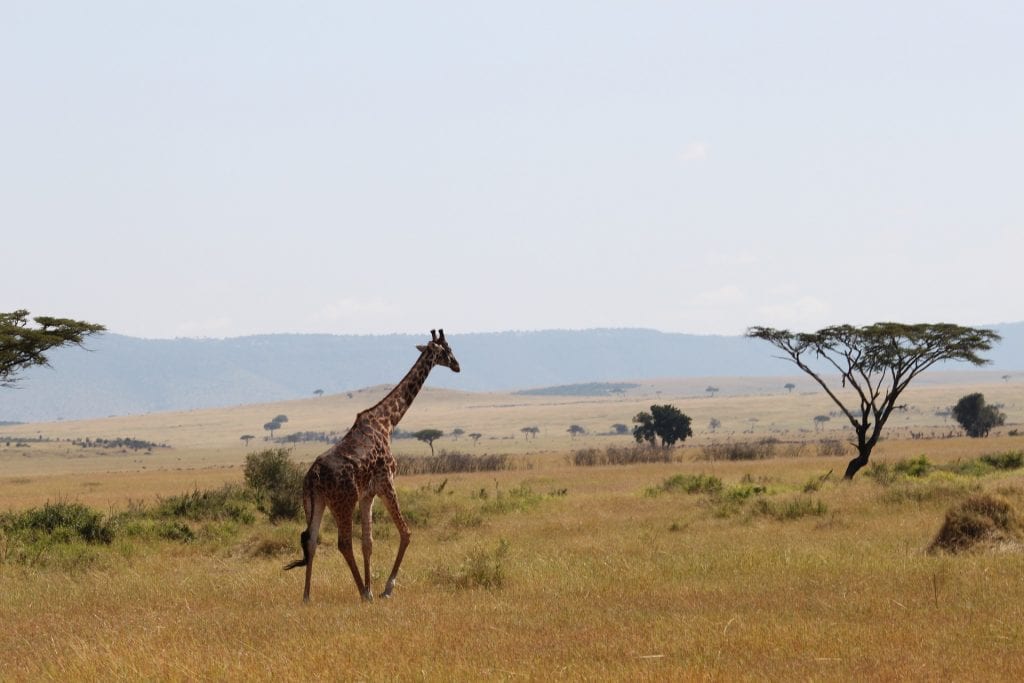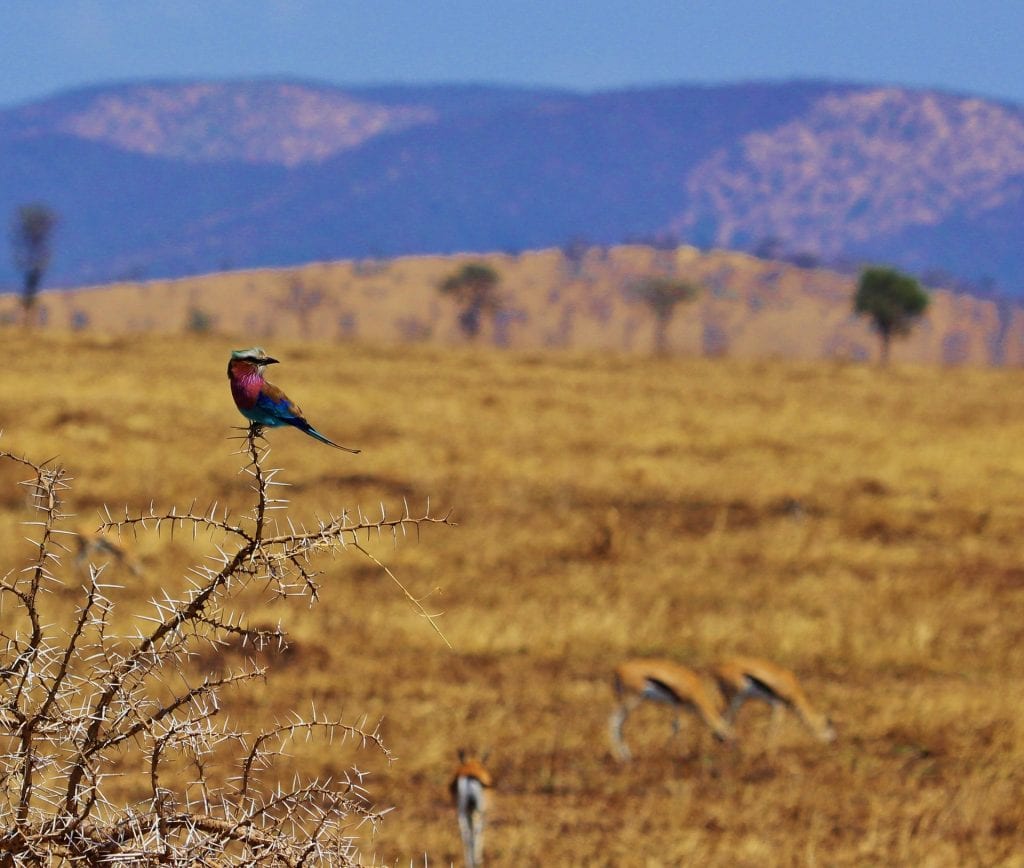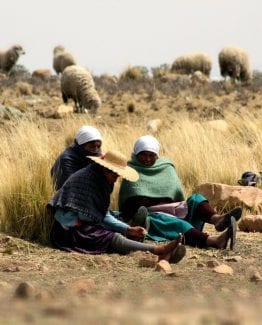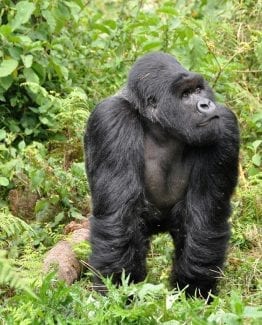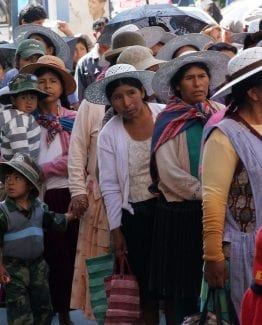Description
LOCATION
Mwanza, Tanzania
NUMBER OF PARTICIPANTS
5 - 8 persons
MENTOR
To Be Announced
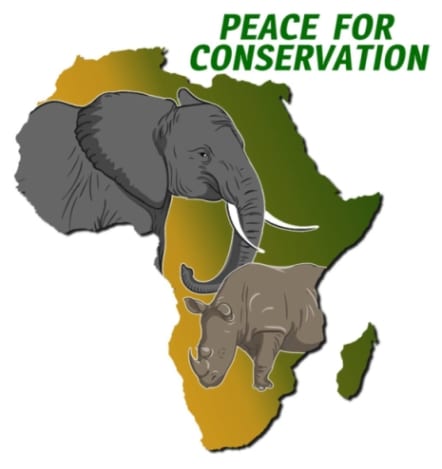
FOCUS AREAS
Climate Change & Pollution, Conservation, Ecotourism, Environmental Initiatives, Natural Resource Management, Species & Habitat Protection, Sustainability
DATES
Postponed
COST PER PARTICIPANT
AUD 3,499
Safari Program to Tanzania
The NGO Photographers Alliance will be holding a Safari Program in conjunction with Peace for Conservation, our partner organisation in Tanzania based in the city of Mwanza on the coast of Lake Victoria. By bridging the gap between community involvement and awareness towards conservation, Peace for Conservation works to create positive dynamic change through improved visual awareness in the local community for effective conservation, whilst at the same time improving livelihood opportunities. Part of their initiative is to provide a platform for youth to network and have their voices heard, engaging them through innovative programs involving sports, music and dance in the hope of building the foundations for the next generation of conservationists. In addition, Peace for Conservation works in the area of species protection and are also involved in the restoration of marine, freshwater (lakes and rivers) and terrestrial habitat restoration. Currently, Peace for Conservation are working on a media project which aims to draw children into learning about wildlife conservation through the creation of video-on-demand broadcasts.
[su_quote]To bring inspiration and innovation in raising awareness to the conservation and management of ecosystems - Mission of Peace for Conservation[/su_quote]
WHAT DOES THE SAFARI PROGRAM ENTAIL?
The Safari Program is an intensive 10 day program combining photography workshops, private 1 on 1 mentor feedback sessions, participation in NGO-related activities in conjunction with Peace for Conservation as well as cultural sightseeing in Mwanza city including a visit to the Bajuru Museum, an open-air museum specialising in African history and culture, and a visit to Saanane National Park. Each program only caters to a small number of participants, thus enabling participants to engage more closely with the mentor as well as members of the NGO and the local community. Participants embarking on the Safari Program will also have the opportunity to embark on a 2 day safari to Serengeti National Park, one of the oldest ecosystems in the world and famous for its annual wildebeest and zebra migration that takes place each year. At the conclusion of the program, participants have the opportunity to continue travelling in Tanzania or to other countries in the region.
FUNDING FROM EACH MENTORSHIP PROGRAM
How we support our interconnected programs
Sponsorship Program
20% of the funds raised from each Mentorship program goes towards our Sponsorship program, which supports our core objective of combating preventable blindness worldwide.One Camera for Every Child
15% of the funds raised from each Mentorship program goes into our "One Camera for Every Child" initiative which aims to provide secondhand cameras for our partner NGOs to use in their youth programming.Mentorship Program
50% of the funds raised from each Mentorship program goes towards sourcing Mentorship requirements (mentor, accommodation, logistics, travel, insurance.)Administration
15% of the funding raised from each Mentorship program goes towards administration and supporting NGO Photographers Alliance members.
What does the cost include?
The cost for the Safari Program includes accommodation for the length of the program as well as a complete itinerary comprising of a combination of photography workshops, private 1 on 1 feedback sessions with your mentor, activities carried out in conjunction with the NGO as well as the support and guidance of an experienced photography mentor who will be on hand for the full length of the program. Participants will be hosted for three nights in a hotel in Mwanza city as well as three nights in a hotel/lodge near Serengeti National Park. The cost is also inclusive of the entrance fee to Serengeti National Park, the fee to camp inside the park, camping equipment hire, as well as the fee to hire out a 4 wheel all-terrain.
The cost of the Safari Program do not include costs for airfare, visas (if required), transport between the airport and hotel, travel and health insurance, personal expenses and spending money, police certificate, tips for the mentor or guides, and/or any other non-itinerary related item. Meals are not included either.
At the completion of the Safari Program, participants should have sufficient material to begin putting together a portfolio of NGO-related photography. In addition, participants may be invited to feature their work in the pages of our affiliated humanitarian publication The Travellist magazine.
When travelling in an African country, it is important to keep an open mind and allow yourself to enjoy the experience and not become frustrated simply because things may be done in a way that is different to what you are used to. Amenities that you may be used to back home may not necessarily be available. Respect the local way of life. Go with an open and understanding attitude. And above all, be patient.
SAMPLE ITINERARY
Please note that this may be subject to changes as required by the needs and criteria of the partner NGO and thus should only be used as a guide. In addition, please note a police certificate is recommended when working with NGOs; a police certificate can be obtained from your local police agency and is worthwhile in obtaining should you plan on working in the NGO field.
Day 1, 2018
Participants arrive in Tanzania and make their own way to the hotel in Mwanza for a two-night stay. The Mentor will be present at the hotel to greet participants and a group dinner will be held in the evening for participants to introduce themselves and get to know one another. A briefing will also be given by the Mentor.
Mwanza is the second largest city in Tanzania situated on the shores of Lake Victoria and located about 2 hours drive from the western-most gate to Serengeti National Park as well as 10 minutes boat ride away from Saanane Island National Park. It is a mid-sized port city and plays a significant economic role in the lake region. Mwanza is perhaps best known internationally for the controversy surrounding the introduction of Nile perch into Lake Victoria during the 1950s which subsequently devastated the local ecosystem and drove hundreds of endemic species to extinction. The controversy is the subject of the 2004 Academy-nominated documentary Darwin's Nightmare which documents the irreparable change that the local fishing industry underwent in which a small number of companies benefited from the processing of the introduced fish at the expense of the local populace who were left to languish in poverty, an irony made more senseless by the fact that the massive Nile perch were shipped exclusively to the European consumer market while the starving locals were left to face impending famine.
Day 2, 2018
Morning
Participants will travel with the Mentor to the office of Peace for Conservation where they will meet David Kabambo, the founder of Peace for Conservation, for introductions and a meet and greet with the NGO staff. Since 2005, David has been working with rural communities, sharing his experiences in natural resources management, biodiversity enterprises, trans-boundary ecosystems management among many other focus aspects.
Afternoon / Evening
Participants will have the opportunity to see more of the city. Participants will visit Bujora Museum, an open air museum showcasing African history and culture. Created to promote and celebrate the traditional arts of the Sukuma culture, the museum is a community based organisation that aims to ensure the passing of traditional Sukuma culture from one generation to the next. The Sukuma people are a Banthu ethnic group who commonly inhabit the southeastern areas of the African Great Lakes Region; in Tanzania they make the the largest ethnic group in the country, comprising about 16% of the population.
Day 3, 2018
Morning / Afternoon
Visit to Saanane Island National Park. This park is located on an island in the middle of Lake Victoria and can be reached by a 10 minute boat ride from the mainland. Home to the De Brazza's monkeys, other mammals such as impalas, hydrax, and velvet monkeys as well as numerous reptile species such as Agama lizards, pythons, leopard tortoises and crocodiles can also be found in the national park.
Evening
Free time. Participants can work on their portfolios in preparation for the first individual feedback session with the mentor.
Day 4, 2018
Morning
Leave Mwanza city. Participants and the Mentor will travel 1.5 hours towards Serengeti National Park where they will be embedded within a local community situated near the park for the next four days. The accommodation over these four days will either be in a hotel or lodge in the town of Lamadi, on the shores of Lake Victoria.
Afternoon
Photography workshop for the participants with the Mentor. This session addresses the basics of photography techniques as well as a quick overview of equipment functions. The workshop will also be used to examine editing techniques as well as creating and designing a workflow.
Evening
Individual 1-on-1 portfolio session with the Mentor discussing participant's current body of work as well as participant's expectations and ambitions. This is an important session for participants to address their personal goals and begin examining the methods to reach those objectives.
Day 5, 2018
Morning
Participation in Peace for Conservation workshop. Peace for Conservation uses innovative programs to raise awareness in combating the problem of poaching whilst promoting conservation initiatives. (Tentative schedule) This morning's event will see participants take part in the Motor Bike Drivers (BODABODA) for Conservation Campaign. Boda Boda drivers live in communities in protected areas and transport poachers to and from the national parks, engaging in wildlife crime and the transportation of bushmeat and ivory. This campaign advocates educating boda boda drivers to learn about the adverse impacts of poaching and the importance of protecting elephants, rhino and other wildlife in Tanzania. Former poachers will take part in this campaign, acting as ambassadors for the elephant and rhino conservation campaign and relaying the anti-poaching message to clients and community members.
Please note that this activity may be modified and finalised closer to the date of the program.
Afternoon
Photography workshop for the participants with the Mentor. The second photography workshop on the itinerary examines portraiture photography - one of the most in-demand forms of photography as required by organisations as well as by local communities. Participants will be guided in techniques relating to lighting, utilisation of available resources in setting up a scene, troubleshooting in changing light environments, managing subject backgrounds in addition to other technical considerations. This workshop will also begin addressing issues concerning ethics and codes of conduct, which are the major topics that will be covered in the third workshop.
Evening
Free time. Participants may choose to work on their portfolio and begin the process of photo editing and colour grading.
Day 6, 2018
Morning
Photography workshop for the participants with the Mentor. The third photography workshop is an important session that examines issues concerning ethics, responsible behaviour and codes of conduct. The NGO Photographers Alliance emphasizes on the notion of "photography with empathy", an understanding that photography can be used as a powerful medium to elicit a better change in the world if told through a humanly and interconnected approach. This photography workshop will therefore address important topics regarding consent, methods of approaching subjects as well as issues regarding permissions and ethics in a digital world. This workshop is discussion orientated and participants are encouraged to contribute their thoughts and concerns throughout the course of the workshop.
Afternoon
One of the major programs that Peace for Conservation implements is called Dance for Conservation, a creative and unique concept that involves empowering local women and men’s dance groups to be the voices of anti-poaching. Participants on our Mentorship Program may have the opportunity to attend this event which Peace for Conservation periodically organises.
Along with the aim of promoting conservation and sustainability, Peace for Conservation are also involved in community development projects and grassroots initiatives which are vital to improving the lives of local communities that are living close to protected areas of the national park.
Evening
Free time. Participants may choose to work on their portfolio.
Day 7, 2018
Day Activity (9:00AM to 4:00PM)
Peace for Conservation will be facilitating a Soccer for Conservation tournament between local teams comprising of zookeepers as well as a team of 15 zookeepers visiting from the United States. The tournament will be held in the town of Lamadi and involve communities from both Lamadi as well as two villages from the ward of Mkula which are close to the game reserves. In addition, the tournament will be covered by a filming crew from the United States as well as local broadcaster ITV in Tanzania.
Today's youth will become either tomorrow's conservationists or poachers, and by undertaking the ideals of wildlife conservation at a young age, they are more likely to become good conservationists within their community than embark on the road of poaching. The youth can effect change in our community by raising their voices against wildlife poaching and by utilizing sports as a way to promote social change, this helps in drawing youth and raises awareness to the topics of wildlife community to the larger community as a whole.
Please note that this activity may be modified and finalised closer to the date of the program.
Evening
Free time for participants to edit their current body of images produced over the course of the week.
Day 8, 2018
Excursion
Participants will embark on a 2 day safari to Serengeti National Park. The safari trip is designed to raise awareness on the conservation of biodiversity and will allow participants the opportunity to photograph the many magnificent species that inhabit the park whom unfortunately face the constant threat of poaching. Serengeti National Park is renowned worldwide for the annual wildebeest migration that takes place in the park year round, an event often called "the greatest show in the world".
Evening
Overnight stay at Serengeti National Park.
Day 9, 2018
Excursion
Second day of the 2 day safari to Serengeti National Park. The safari trip is designed to raise awareness on the conservation of biodiversity and will allow participants the opportunity to photograph the many magnificent species that inhabit the park whom unfortunately face the constant threat of poaching.
Evening
Overnight stay at Serengeti National Park.
Day 10, 2018
Morning
Depart from Serengeti National Park. Travel back to Mwanza.
Check into hotel.
Afternoon
Final individual one-on-one feedback session with the Mentor covering the work carried out over the course of the program. This is an hour long session where the Mentor will sit with the participant and discuss the body of work produced over the course of the program and relate them to the individual objectives of the participant, as set out in the first individual feedback session at the start of the program. Your program Mentor can assist with the process of photography selection and identify your next steps moving on from the program.
Evening
Final group dinner together. Debriefing by the Mentor who will give an overview of the results successfully derived from the Mentorship program. Participants can share personal thoughts and experiences in regards to the program.
Participants to fly out the next day or continue independent travelling in Tanzania.
END OF PROGRAM
Additional Information
All participants to the Safari Program must read and agree to the Mentorship/Safari Terms & Conditions before participating in the program.
Please note that all costs are in AUD (Australian Dollars) unless stated otherwise. Our recommended payment method is via Transferwise as this enables you to pay in your own currency using the mid-market rate, which is the real exchange rate and is significantly higher than those used by banks and/or by your credit and debit card providers. Please proceed to the Shopping Cart page for more information about this payment method (found under direct bank transfer option.)
A deposit equal to 25% of the program cost is required to secure your place on the Mentorship program. The full costs must be paid prior to 4 weeks before the commencement of the program; failure to do so will result in the forfeiture of your deposit. Should a program be unable to progress for any reason, you will be notified at the earliest possible date and your deposit (or other payments) will be returned to you in full.
To reserve your place on the program, please access the deposit page here.
If you have any questions in regards to the Safari Program, we welcome your inquiries. Please use the contact form below to reach us and we will endeavour to return your inquiry as soon as possible.

